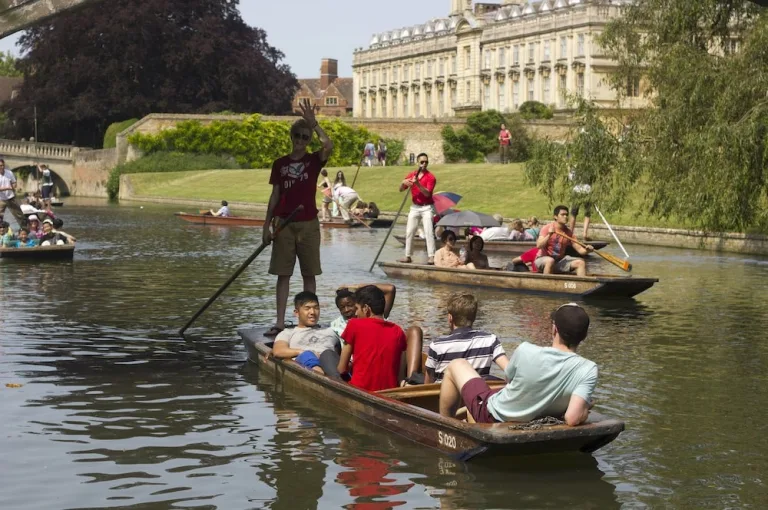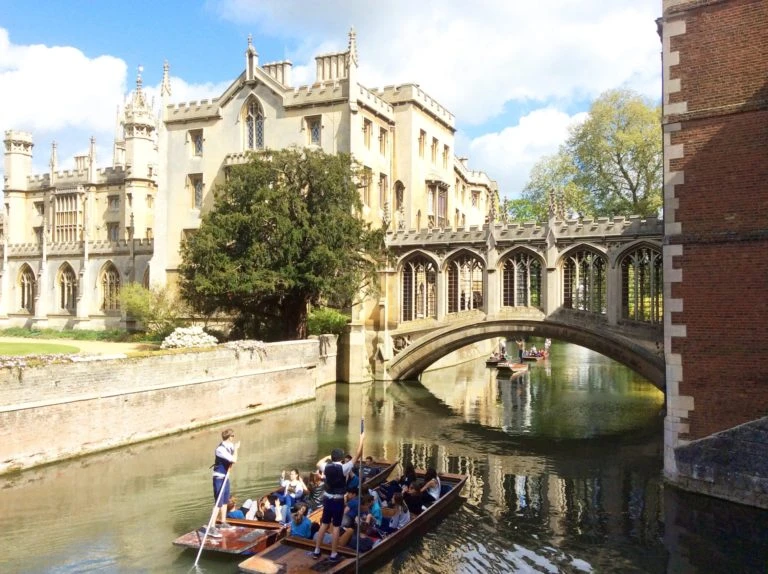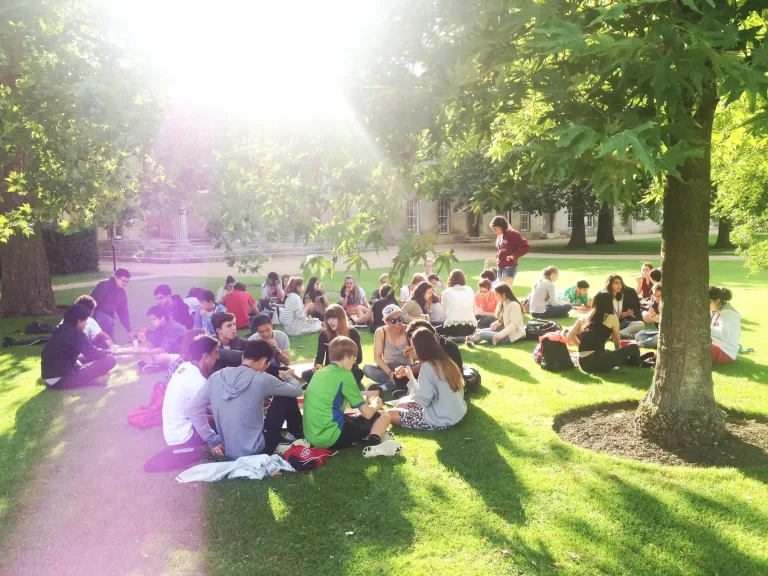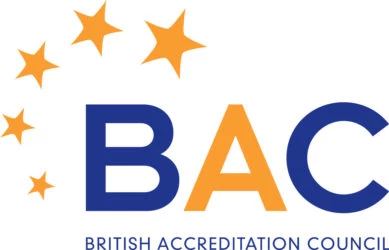It’s Day Two of our Twelve Days of Reach countdown! Yesterday we brought you our ‘Sounds of Twelve Summers’ playlist, featuring our favourite tunes from each Reach Cambridge summer program since it began in 2005. Today, we are bringing you 11 facts you may not know about Cambridge… with gifs for added fun!
Twelve Days of Reach: From 3rd – 15th December 2017, save an extra £120 off your Reach Cambridge application! This can be used alongside other discounts to make for a huge discount. Quote discount code ‘TWELVE’.










 Twelve Days of Reach: From 3rd – 15th December 2017, save an extra £120 off your Reach Cambridge application! This can be used alongside other discounts to make for a huge discount. Quote discount code ‘TWELVE’.
Twelve Days of Reach: From 3rd – 15th December 2017, save an extra £120 off your Reach Cambridge application! This can be used alongside other discounts to make for a huge discount. Quote discount code ‘TWELVE’.
1. Cambridge University was founded in 1209.
Despite the university forming in 1209, the first of its colleges didn’t form until 1284 thanks to the Bishop of Ely and a charter from King Edward I.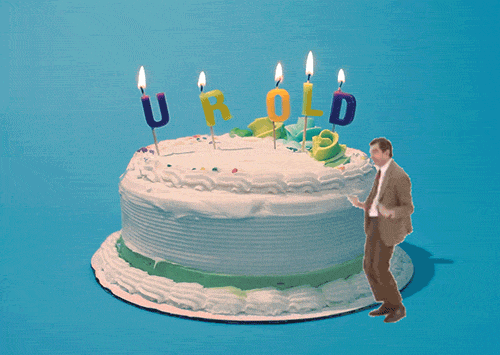
(no offence)
2. The city of Cambridge itself dates back as early as the Bronze Age.
Archaeological evidence suggests the settlement has been there since prehistoric times, although the name ‘Cambridge’ doesn’t really come into play until the Middle Ages.
Time is but a concept, says the Corpus Clock
3. Cambridge University has more Nobel Prizes than any other institution.
The University itself can’t claim these prizes, of course; we’re referring to affiliates and alumni. Individuals associated with Cambridge University have won 32 Nobel Prizes in Physics alone (although affiliates have received Nobel Prizes in every category).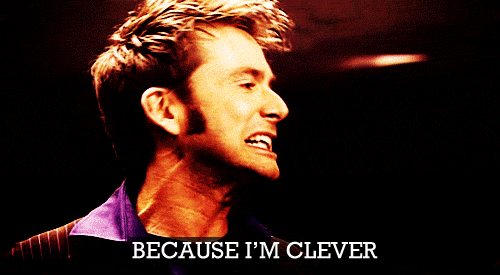
‘Why so many Nobel Prizes?’
4. The first ever game of football* was played in Cambridge.
*By football, we mean the first game of football with Association rules. These rules are based on the so-called ‘Cambridge Rules’ which were first used on Parker’s Piece in Cambridge in 1848.
Just like this.
5. Cambridge University has over 100 libraries!
This includes the University Library, which, as a legal deposit library, is entitled to claim a copy of every book published in the UK. Perhaps it is not surprising, then, that the library holds over seven million books! It also houses an archive of Charles Darwin’s personal correspondence and books from his own working library, among many other treasures. The Wren Library at Trinity College holds the original manuscript of A. A. Milne’s Winnie the Pooh and a notebook of Isaac Newton’s.
Cambridge is a bookworm’s dream!
6. Cambridge is one of the high-tech hubs of the country.
The sprawling ‘Silicon Fen’ has strong links with the university, and is comprised of industries in bioscience and software amongst many other technological fields. It seems quite fitting, given that Alan Turing, thought to be the father of computer science, studied and worked here, at King’s College.
Benedict Cumberbatch played him in ‘The Imitation Game’, but this is the real Alan Turing!
7. Cambridge bakery ‘Fitzbillies’ boasts world-famous Chelsea Buns.
Chelsea Buns are a type of currant bun first created in Chelsea in the 18th century. These delicious pastries are flavoured with spices and are presented in an iconic spiral shape. The ones at Fitzbillies are incredibly sticky and sweet. A must-taste attraction for anyone visiting Cambridge!
Sugary goodness the Great British Bake Off can but dream of!
8. The Mathematical Bridge at Queens’ College wasn’t built by Sir Isaac Newton.
Despite what many punt guides may tell you, the bridge was actually designed by William Etheridge and built by James Essex in 1749. We can forgive the confusion though, given that Newton held the Lucian Chair of Mathematics at the University at one time.
Newton accomplished a lot of great things, but the Mathematical Bridge wasn’t one of them!
9. Oliver Cromwell’s head is still rumoured to be hidden in Sidney Sussex College.
Oliver Cromwell, a former student at Sidney Sussex, became Lord Protector of England in 1653 until 1658, when he died of natural causes. He was buried in Westminster Abbey, but King Charles II ordered his body to be dug up and beheaded to make a point in 1661. According to legend, his head was re-buried in a secret location in the college by a group of students in the 1960s.
Bonus Fact: Harry Potter’s ‘Nearly Headless Nick’ is played in the films by John Cleese, another Cambridge alumnus!
10. The Eagle pub in Cambridge is where the discovery of DNA was announced.
Cambridge scientists Francis Crick and James Watson came into the pub to announce that DNA contains genetic information at The Eagle Pub on February 28th, 1953.
DNA is in Cambridge’s… DNA..?
11. The statue of Henry VIII on Trinity College’s Great Gate is holding a chair leg.
The statue dates back to early 1600, and should depict King Henry VIII holding a sceptre and orb. At first glance, this is indeed what the statue shows… but look closely and you will notice that he is instead holding an orb and chair leg. It is thought that the infamous Cambridge Night Climbers, a student group who enjoyed scaling buildings and making mischief under the cover of darkness, stole the sword. A thoughtful window cleaner decided to replace the missing sword with a chair leg.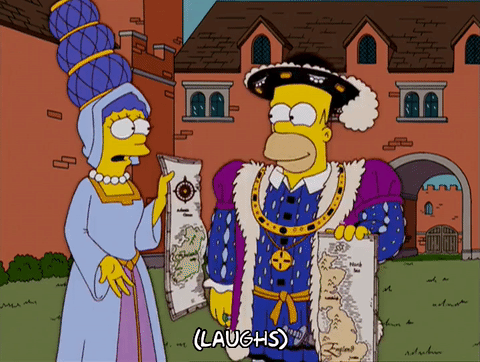
We’re sure Henry would have seen the funny side.

